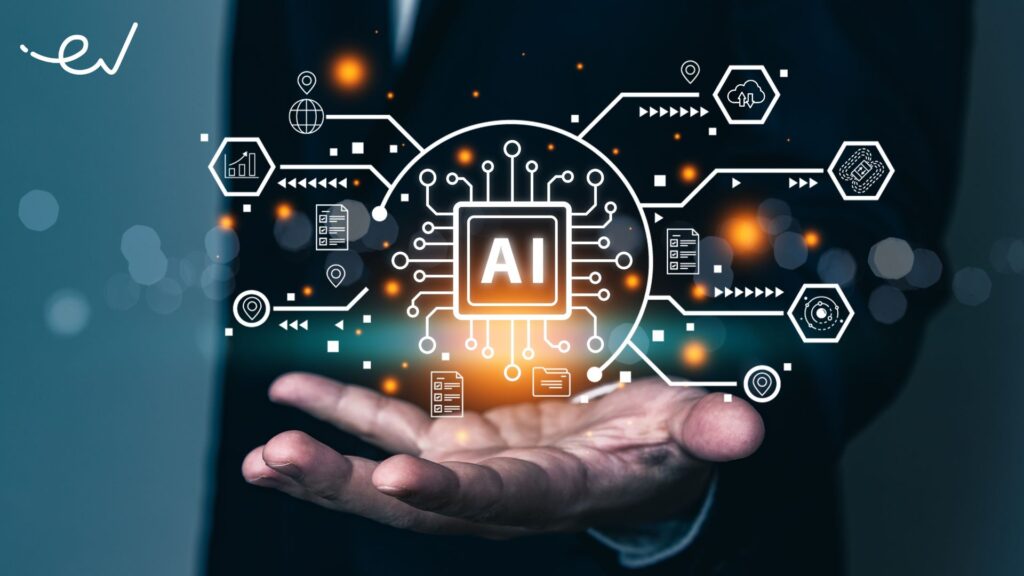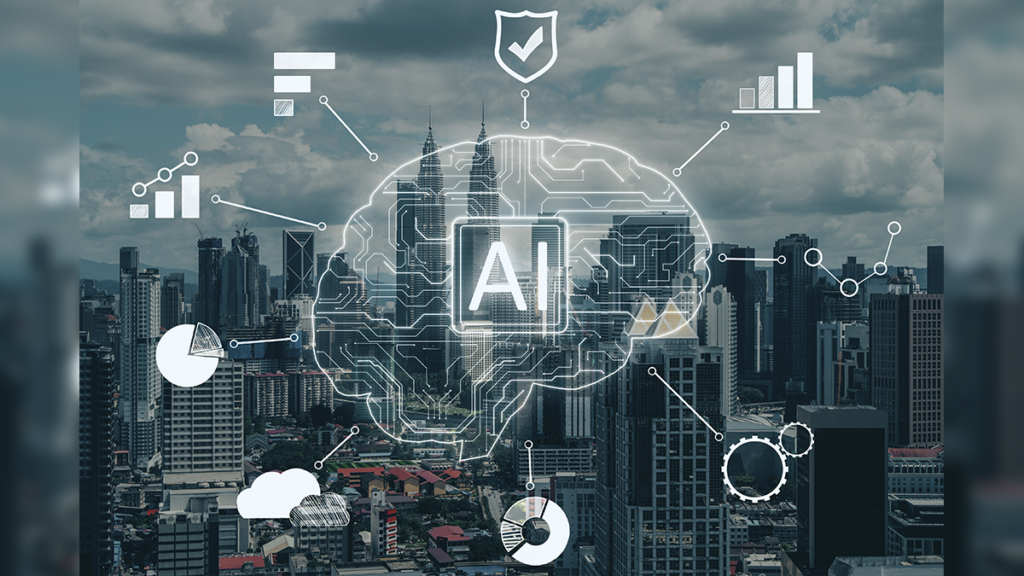Artificial intelligence (AI) refers to computer systems capable of performing complex tasks that historically only a human could do, such as reasoning, making decisions, or solving problems.
Today, the term “AI” describes a wide range of technologies that power many of the services and goods we use every day – from apps that recommend tv shows to chatbots that provide customer support in real time. But do all of these really constitute artificial intelligence as most of us envision it? And if not, then why do we use the term so often?
In this article, you’ll learn more about artificial intelligence, what it actually does, and different types of it. In the end, you’ll also learn about some of its benefits and dangers and explore flexible courses that can help you expand your knowledge of AI even further.
What Is Artificial Intelligence?
Artificial intelligence (AI) is the theory and development of computer systems capable of performing tasks that historically required human intelligence, such as recognizing speech, making decisions, and identifying patterns. AI is an umbrella term that encompasses a wide variety of technologies, including machine learning, and natural language processing (NLP).
Although the term is commonly used to describe a range of different technologies in use today, many disagree on whether these actually constitute artificial intelligence. Instead, some argue that much of the technology used in the real world today actually constitutes highly advanced machine learning that is simply a first step towards true artificial intelligence, or “general artificial intelligence” (GAI).


